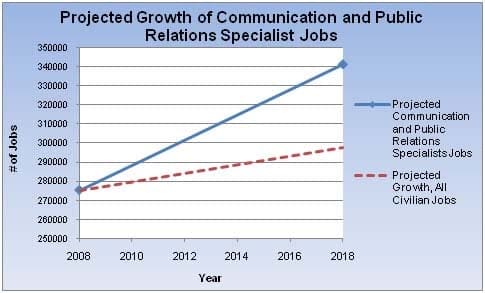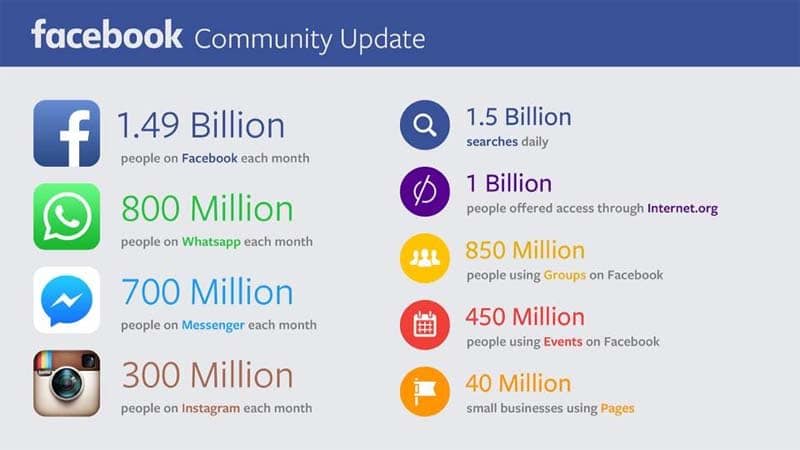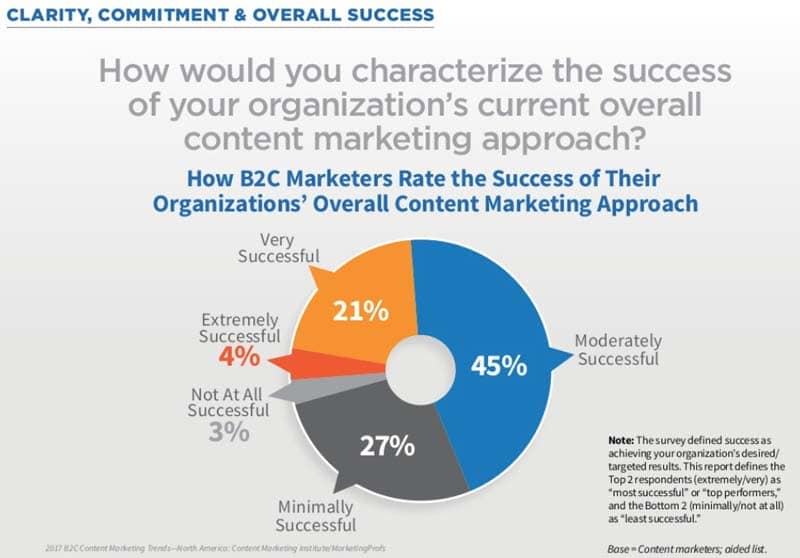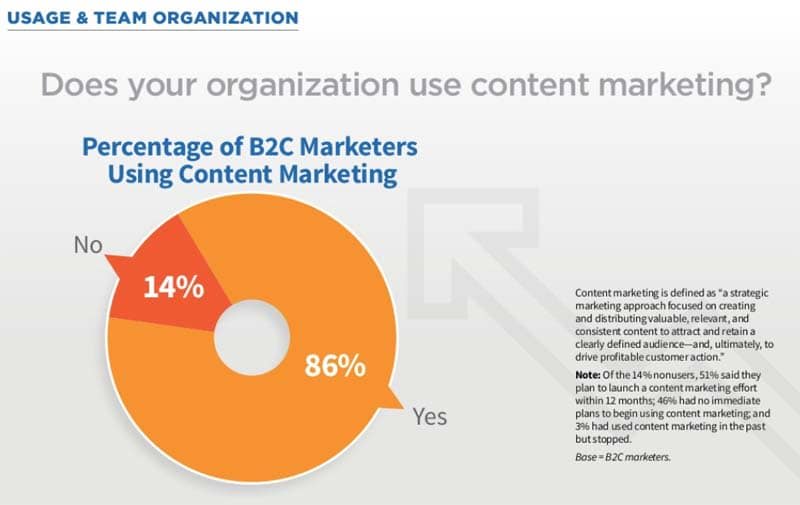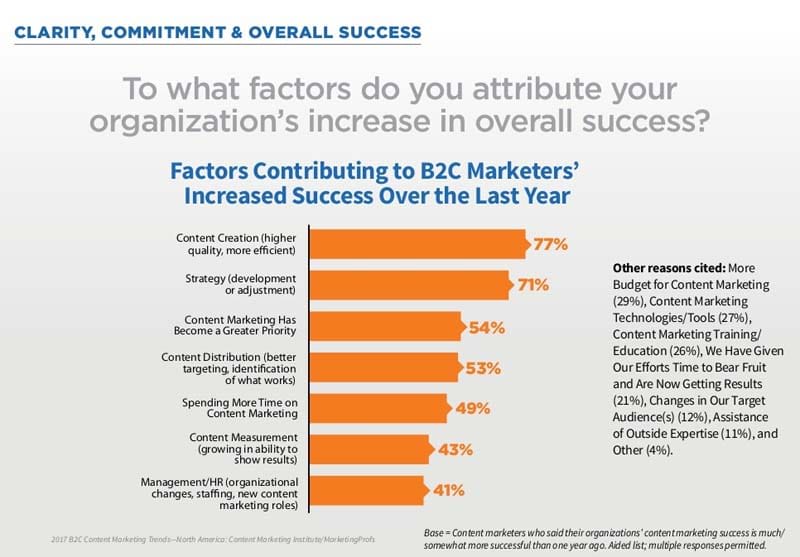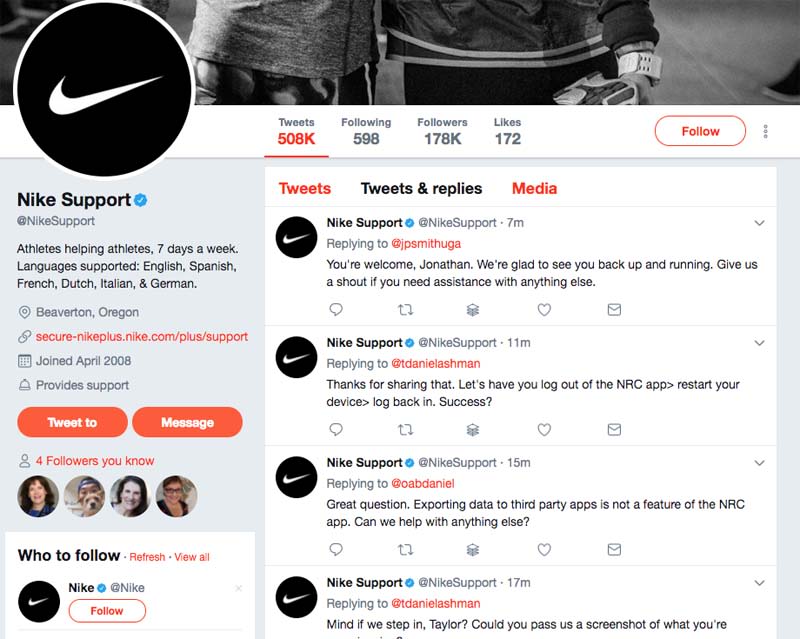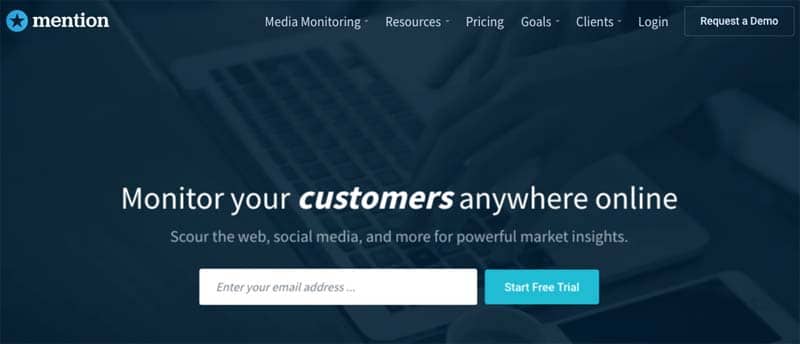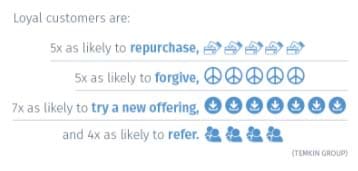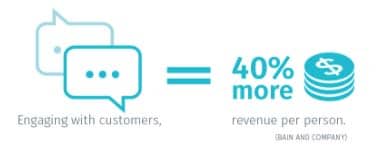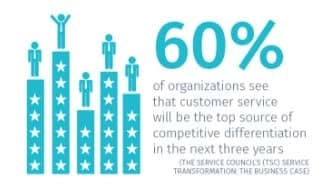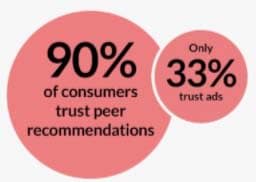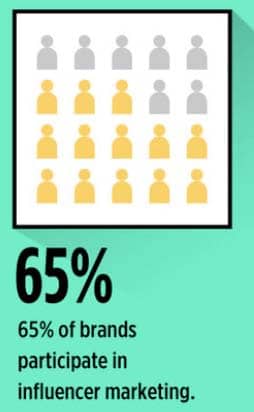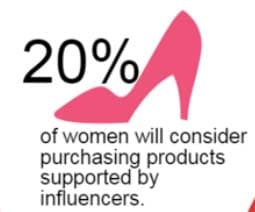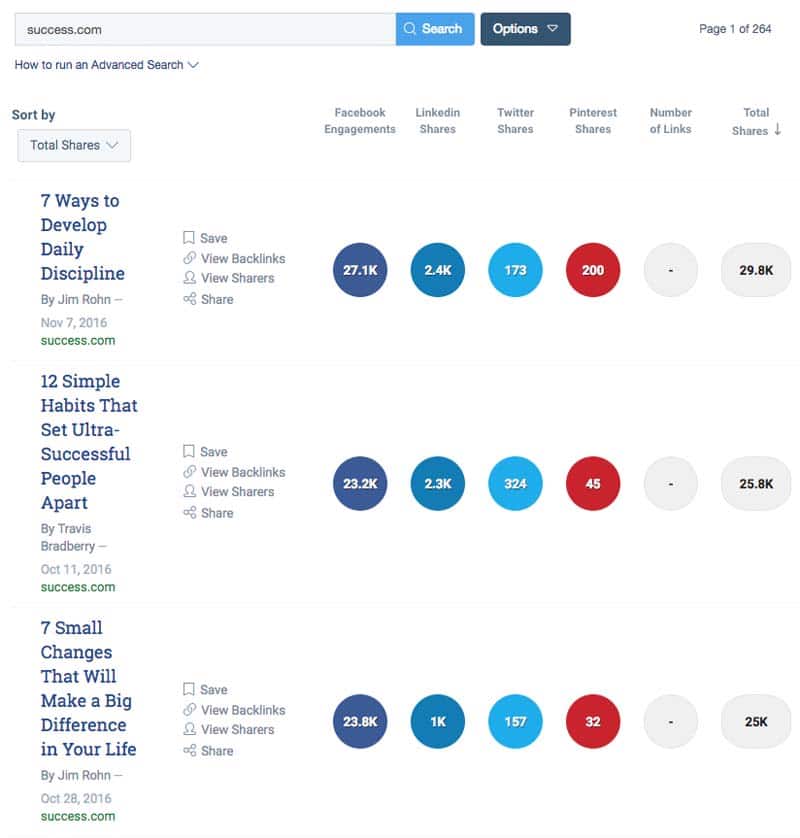Today, people share, comment, and like. They search, purchase, and review. And consume, consume – consume more than ever!
And they do it all online.
Because of this, public relations — the heart of digital communication — is rapidly increasing in popularity among marketers.
.
The story used to be much different, though.
At the beginning of the digital era, most people were skeptical.
They didn’t know whether the person on the other side of the screen was a robot or a human.
They weren’t sure who they could trust when it came to making online purchases.
But today, everyone can communicate with everyone else — despite their physical location — and public relations is an increasingly sought-after industry.
It makes sense. Not only is our world becoming more connected, but people are becoming more open to those connections.
In other words, since social media, email, Slack, and a plethora of other digital communication mediums rule the world, we humans are getting more and more comfortable with talking to each other online.
Business Insider reported on the massive amount of people using these digital tools, citing 1.49 billion people on Facebook alone each month.
But before we get too deep into the “how” and “why” of public relations, we need to discuss the “what.”
So what exactly is public relations?
What is PR?
Public relations wears many different hats, and thus it can be difficult to define.
In its most basic terms, public relations is defining and strengthening a business’s brand image through outreach to consumers, other businesses, and influencers.
But rather than leave you with an overly intangible definition of what public relations is, let me borrow from Marketing Profs, where they explain it with a bit of a story:
“You see a gorgeous girl at a party. You go up to her and say: ‘I am very rich. Marry me!’ That’s direct marketing.
You’re at a party with a bunch of friends and see a gorgeous girl. One of your friends goes up to her and pointing at you says: ‘He’s very rich. Marry him.’ That’s advertising.
You’re at a party and see a gorgeous girl. You get up and straighten your tie, you walk up to her and pour her a drink, you open the door (of the car) for her, pick up her bag after she drops it, offer her a ride, and then say, ‘By the way, I’m rich. Will you marry me?’ That’s public relations.”
In short, public relations is giving a crap about people in hopes that they give a crap about you in return.
It’s taking the initiative and then asking for something only after you’ve provided value.
Your business wants more customers. And that’s good. You need more customers.
But so does the next business and the next.
And that crowded marketing space makes for a lot of skeptical clients and consumers.
Which is exactly why public relations is so effective (and necessary).
Here are four ways you can use it in your digital marketing strategy.
1. Content marketing
Unfortunately, the term “content marketing” isn’t much more descriptive than “public relations.” And that’s probably because the two are so closely related.
Just like the foundation of public relations, content marketing takes the initiative in building the business-customer relationship.
Rather than waiting for people to seek out your business, a content marketing strategy seeks them out… sort of.
Great content doesn’t try to sell anyone on your product.
Instead, it provides value to the consumer, for free.
It offers advice, tactics, lessons, or tips, and asks for nothing in return.
No money in return for your goods and services? Sounds like a cruddy business strategy, right?
After all, you need to make sales, not just give away free stuff.
But the reality is that content marketing, done right, actually increases sales, audience size, and trust with your company, simply because you took the initiative.
A whopping 97% of B2C businesses rate their content marketing strategy as successful in some regard.
And most organizations, 86%, use content as part of their overall marketing strategy.
So just how effective is content marketing?
Well, 77% of B2C marketers attribute their success at least in part to their content marketing strategy.
However, a disclaimer.
As the above statistics illustrate, many businesses have taken to content marketing.
This means that the online space is filling up quickly.
Which further means that getting your content noticed is a challenge.
My recommendation?
Create unique content that other businesses in your industry aren’t creating.
Make it stand out. Ask yourself what new angle would offer a fresh perspective to consumers.
For example, Jason Wong created The Holy Méme Bible, which sold over $200,000 in less than three weeks.
How can you make your content marketing strategy worth your prospect’s time?
There’s a lot of competition, and you’ll have to make some pretty amazing stuff to grab attention.
It’s easy for people to go elsewhere and indulge in your competition’s content.
Create a content marketing strategy that is unique, valuable, and interesting.
And always err on the side of providing value for people rather than trying to sound gimmicky or creative.
There’s a time and place for both. But value will likely bring you more traffic, leads, and sales than cute writing.
2. Brand mentions
If you don’t know when people are talking about you and your business, interacting with those people — public relations — is practically impossible to do.
But how do you know when people are talking about your brand?
As a free way of going about it, monitoring notifications of brand mentions on social media platforms is critical.
But don’t just pay attention to the mentions. Interact with the people who do the mentioning.
Thank them for their feedback, ask them follow-up questions, and treat them like you would a good friend.
Nike support does a good job of this on Twitter.
Their feed is full of replies to customers seeking answers or giving props to the brand.
Monitoring mentions on social media platforms will take you a long way, but for some of you, it still isn’t enough.
You’ll want to monitor mentions all across the web, whether they intentionally tag you or not.
To do that, you’ll need a more sophisticated tool.
Consider Mention, a powerful business-monitoring software that tracks mentions from social media and around the web, while providing countless worthwhile business insights.
Whatever you decide, monitoring when, where, and how people talk about your business won’t only give you insight into the general opinion of your brand, it will also give you the opportunity to personalize the experience for prospects.
This means you can resolve any particularly heinous comments with class, and leverage customer relationships to sell more inventory.
In short, it will make people more loyal to your business.
And loyalty pays.
Loyal customers are five times more likely to repurchase items and forgive mistakes, seven times more likely to try a new offer, and four times more likely to refer your business to a friend.
(Image Source)
And engaging with your customers leads to an average revenue increase of 40%.
Because of this, 60% of businesses believe that customer service — a cornerstone of public relations — will be the primary determiner of who succeeds and who fails.
You run a business, but that doesn’t mean your business can’t interact with people. In fact, your business should take extra steps to do so.
Interacting with people when they mention your brand is a great way to retain the customers who are consistent spenders with your brand, a result that will put most digital marketing strategies to shame.
3. Influencer marketing
How does influencer marketing relate to PR?
They go hand in hand.
Think about it. With influencer marketing, businesses build relationships with the audiences of influencers. It’s a refer-a-friend kind of marketing strategy.
A business pays an influencer to talk well about their company in hopes that the influencer’s audience will turn their attention to the business.
And so long as the influencer matches the company — in style, niche, and size — this tactic can be incredibly powerful.
Take, for instance, the fact that 90% of consumers trust recs from their peers, while only 33% trust ads.
Now, you might be thinking to yourself that peer recommendations are very different from influencer recommendations.
But are they?
After all, what is an influencer but someone who has “influence” in the lives of their audience?
Asked another way, isn’t an influencer simply someone who is peer to a large group of people?
To answer that question, 65% of brands bank on the fact that influencer marketing works because it’s relational.
And they are right to put their money and time into it. At least, according to consumers.
20% of women consider purchasing a product that has influencer backing.
And 68% of consumers trust online opinions from other consumers.
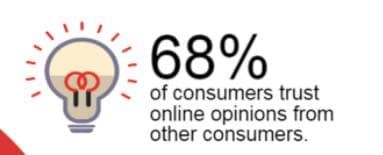
Influencer marketing is a great way to let someone else sell your product for you, which is often far more effective than trying to sell it yourself.
There’s an influencer for every business size, style, and product.
You just might have to do some research to find the right one.
Just remember this: The influencer you work with is the most important part.
In other words, choose the right influencer, and your marketing campaign will work.
But choose the wrong influencer and kiss your invested money goodbye
.
4. Publication features
Getting featured on massive publications is a great way to drive traffic to your website, get an SEO-helpful backlink, and increase brand awareness.
The online publication for SUCCESS receives thousands of social media shares on almost every article that they put out.
And Success isn’t the only one. You can see shares-a-plenty on sites like Entrepreneur, Mashable, Forbes, and Fast Company.
If you get your business or content featured on these publications, the impact is huge.
Not only can you put on your landing page that your business was featured, but you will also get loads of traffic from the massive amount of views that these publications drive.
But how do you get featured?
Well, in two words, public relations.
You could, of course, get featured by getting lucky and having a regular contributor approach you and ask you for content.
But that’s unlikely.
Rather than wait for a bit of luck, you can often pay writers to tactfully include you in their work.
But you can only do this by having a public relations specialist who can connect, maintain relationships, and pitch to contributing writers.
Many contributing writers are looking for a new topic to bring to their editor.
If you hand them one on a silver platter, chances are they’ll take it with excitement.
Try meeting writers through social media platforms like LinkedIn and Facebook.
Message them to pitch your topic idea and ask for a feature.
Publication features are a great marketing tactic for your public relations specialist to start focussing on.
The more you get featured, the more traffic and brand awareness you’ll generate.
Why public relations in digital marketing?
In digital marketing, there is an endless supply of tactics and techniques to choose from.
Paid advertisements rule a heavy portion of the marketing industry, and SEO has its place as well.
But since much of marketing can be viewed as impersonal, public relations is increasingly important.
Public relations is like the good friend and the savvy salesperson.
They don’t pressure you into buying their product, and they definitely don’t outright ask for the sale. That is, not unless they’ve provided value for you first.
Public relations takes the initiative in the business-consumer relationship. It says, “No, you go ahead and have a seat while I do everything” before ever asking you to make the purchase.
So why use public relations in digital marketing?
Because every marketing strategy needs a personal touch, and public relations is just the one to do it.
Jason Quey is the VP of Marketing and Operations at Codeless, a B2B long-form content marketing company.

